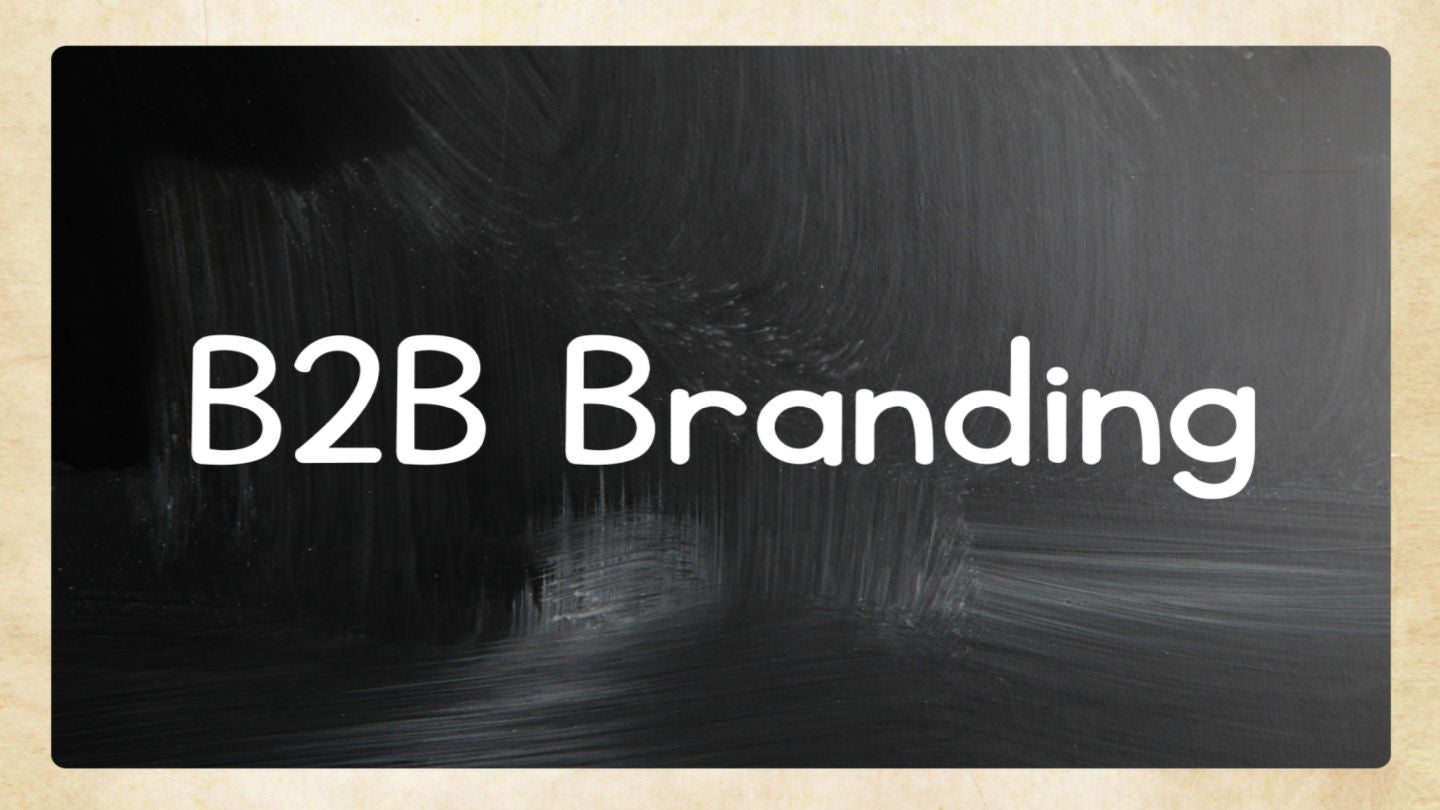Branding is usually associated with fast-moving consumer goods like Coca-Cola or NIKE, but it matters in tech business-to-business (B2B) as the basic branding tenets remain the same.
GlobalData Senior Analyst Rob Pritchard notes: “All branding is about building relationships with customers. Although less prominent in mass media than consumer brands, the essence remains the same: communicating who you are as a business, what your proposition is, why you are distinct, what your corporate values are, and how you can help customers achieve their own goals.”
B2B brands like Accenture, Cisco, Oracle, SAP, or Salesforce provoke an innate reaction associated with their perceptions of that particular company. It might not be as decisive in decision-making as in the consumer segment, but that’s because the money involved tends to be greater and relationships more strategic than transactional – which makes them more valuable.
B2B challenges for tech
There is one exceptional challenge in tech branding: often, brands like AT&T, Orange, and Verizon target both the consumer and enterprise segments. This means the brand has to reflect core values but also be nuanced when it comes to the B2B market – and this is further complicated by B2B sub-segments such as multinational corporations (MNCs), corporate enterprises, the public sector, small and medium-sized businesses (SMBs), and small offices/home offices (SOHOs).
When the public thinks about tech companies, opinions tend to be based on a combination of experiences, word of mouth, and softer perceptions – this is why companies invest in public relations, analyst relations, and (by association) investor relations. A coherent strategy covering these activities can add real value. However, the pitfalls are many: making claims that fail to meet client expectations can mean that sub-standard B2B branding efforts can be detrimental.
Differentiated identity
B2B branding needs to convey a differentiated identity and a purpose that aligns with the customer experience. Brand values, strategic vision, and messaging need to become part of a B2B player’s DNA, but in a credible way and consistently across the entire organization led from the C-suite. B2B branding in tech is not just about a logo or sponsorship of some sport or team – it’s a lot more complex and fundamentally speaks to what a company stands for as well as its values and its proposition to target customers. It increasingly uses more digital media than traditional events (not so many trips to the golf course) but plenty of online interaction from webinars and workshops to white papers. It also needs to be consistently reflected in all customer communications from sales, marketing collateral, and on corporate and target customer-segmented sub-websites.
Successful B2B branding in tech has to reflect culture and strategy if it is to add value. Although largely intangible, branding can be the difference between getting on a shortlist for a contract or enabling access and influence to decision-makers in the C-suite. Emotions and perceptions play a key role in B2B as well as in consumer markets – it’s just that the channels and methods are different.








